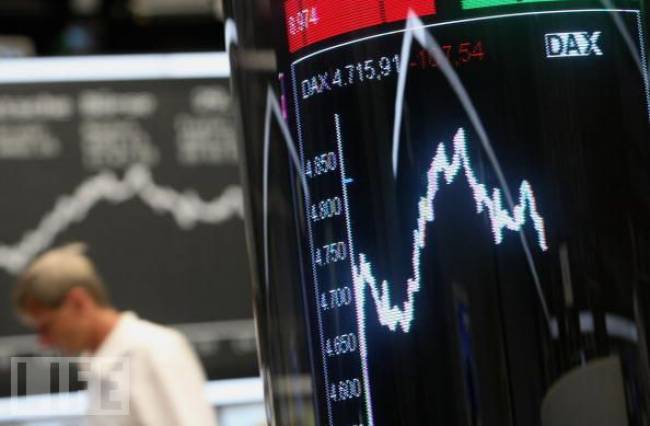Contagion remains an issue, as displayed by recent woes in Portugal
By Ralph Atkins, Financila Times
Whether it was just bad timing, or fate, Thursday of last week was an unfortunate day for Greece to launch a bond issue.
Hopes had been high that Athens, which a few years ago was engulfed in riots as the country came close to economic collapse, might be able to raise perhaps as much as €3bn in three year debt. The night before, however, worries escalated over the financial health of Banco Espírito Santo, a Portuguese bank. By the Thursday morning eurozone markets were selling off sharply.
The inevitable scaling-back of the Greek bond issue was salutary. Attention this week has focused on BES, but the stresses Athens faces are arguably as significant for global investors. They highlight how inflated optimism has become about the eurozone turnround story and show that contagion risks remain high across countries on the eurozone’s southern periphery.
For investors in Greece, they serve as a warning that the country’s ability to finance itself in capital markets is still limited; its crisis years are not over.
Triumphant return
Greece returned triumphantly to global capital markets in April, when it received €20bn in orders for an offer of five-year bonds. The strong demand then was a riposte to European creditor governments that had fretted about the risk of an accident and of Athens being distracted from its extensive reform programme. Greeks talk confidently of China buying the country’s government bonds – although the extent of its current or future involvement remains murky; Greek officials are sworn to secrecy.
By proving it has access to capital markets and launching benchmark bonds, Greece hopes to encourage badly needed foreign investment. But the price of missteps could be large. The risk is that this month’s eurozone financial squall was a foretaste of larger storms in coming weeks and months.
Last week’s bond issue was almost shelved. The word in Athens, however, is that cancelling the deal would have sent a worse signal to international investors. Instead the story being told is that by going ahead Greece showed courage and that it could raise funds even in difficult markets. A respectable €1.5bn was raised, with the yield a modest 3.5 per cent
For all the bankers’ bravado, it looks as if the result was a close-run thing that could easily have turned into a more embarrassing flop. Several large initial orders appear to have been withdrawn at the last minute.
A broader worry is that this year’s rally in eurozone periphery countries’ assets has reached a peak. Not only Greece’s government has exploited the hunt by global investors for higher yielding assets. Greek banks have rushed ahead with raising low cost capital. But in their eagerness, yields, which move inversely with prices, may have been compressed too far, leaving investors looking for a reason to sell.
Skeleton hunt
The next big test could be the outcome of the European Central Bank’s comprehensive review of the financial strength of the region’s banking industry, due by November. Portugal’s example last week scared markets because of the risk its difficulties might presage significant problems elsewhere, not only in periphery countries. “Let’s be honest, European banks have skeletons all over the place,” one banker told me this week.
Greek policy makers are confident the country’s banks will escape relatively unscathed. After all, Greece has been under intense outside scrutiny for more than four years. In Athens, there is even schadenfreude at the problems exposed in Portugal. Lisbon, which has exited its international bailout programme, is regarded as the schoolboy who avoids his misdemeanours being uncovered by teachers by meeting all their requirements, until one day he inevitably gets his comeuppance.
But a bumpy second half of the year in eurozone financial markets could throw into doubt Athens’s hopes of raising perhaps €8bn in global capital markets in 2015. It could also shape the debate about when Greece will finally escape international supervision.
Greece’s EU programme expires at the end of the year, although the International Monetary Fund’s part continues into 2016. While there are expectations in Athens of further debt relief, perhaps through better terms on existing loans, the coalition government of Antonis Samaras, prime minister, wants to break free as soon as possible from endless memoranda on reforms.
If Greece’s access to markets is in doubt the arguments for remaining in protective custody will grow stronger. Capital markets are not yet safe for Greece.



















